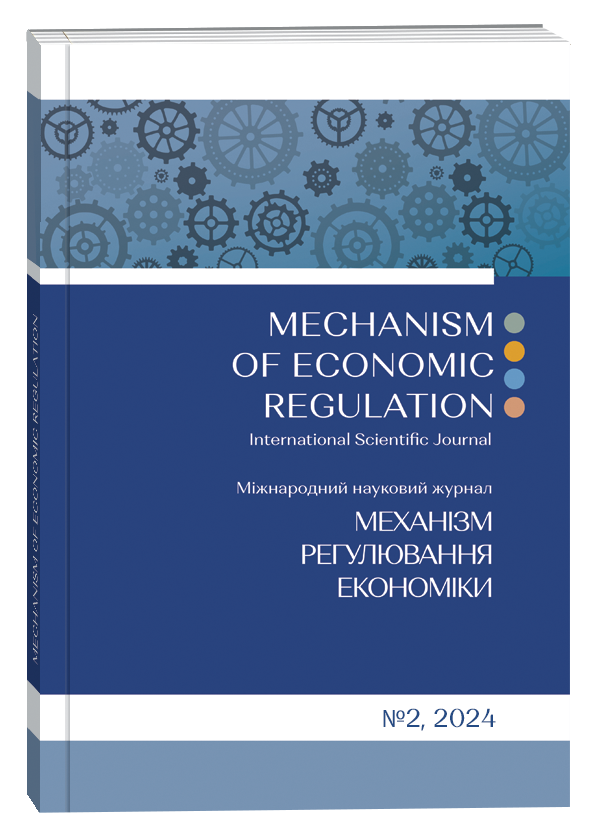BASICS OF IMPROVING THE SYSTEM OF STANDARDIZATION AND CERTIFICATION OF PRODUCTS: MECHANISMS OF STATE MANAGEMENT
Abstract
The purpose of the study is to characterize the fundamentals of improving the system of standardization and certification of products. Improving standardization and certification systems has been proven to be more than just a bureaucratic necessity, but a strategic imperative that stimulates innovation, protects consumers, supports environmental and ethical practices, and promotes fair trade. By ensuring these processes are tailored, transparent and inclusive, industries can better meet the needs of the modern world, creating a competitive but fair market environment that benefits all stakeholders. It has been determined that as consumer awareness and demand for green products grow, standards that prioritize environmental and social criteria can lead to significant positive change. Manufacturers are encouraged to adopt greener practices and consider the wider impact of their products and operations, leading to a more sustainable future. It found that cybersecurity standards and certifications can help manufacturers prioritize product development and give consumers confidence that their devices are protected from digital threats. It has been proven that the process of product standardization and certification is at a fork in the road and requires significant improvements to meet the rapidly changing demands of the world. The purpose of developing standards with prospective requirements is to create a regulatory and technical base for state management of the development and production of domestic products that meets the highest global level. It has been established that standardization determines the basis of not only the present, but also the future development of the economic activity of society and should be carried out in full accordance with scientific and technological progress. Standardization activities are very dynamic; they always correspond to changes occurring in different spheres of society (primarily economic); it must strive to keep up with and even get ahead of them, so that standards contribute to the development of domestic production, and do not hold it back.
References
Pretty, J. N., Morison, J. I. L. & Hine, R. E. (2003) Reducing food poverty by increasing agricultural sustainability in developing countries. Agriculture, Ecosystems and Environment, 95, 217–234.
Ungan, M. C. (2006) Standardization through process documentation. Business Process Management Journal, 12(2), 135–148
Yu, H., Al-Hussein, M., Al-Jibouri, S., & Telyas, A. (2013) Lean Transformation in a Modular Building Company: A Case for Implementation. Journal of Management in Engineering, pp. 103–111
Joukje, A O, Dilli, P, Spiros, A. M. et al. (2022) Big Data in Agriculture: Between Opportunity and Solution [J]. Agricultural Systems, 195.
Thakor, M. V.; Lavack, M. A. (2003) Effect of perceived brand origin associations on consumer perceptions of quality. Journal of Product & Brand Management, 12(6), 394–407.
Pabedinskaitė, A., & Vitkauskas, R. (2009) Multicriteria evaluation of product quality. Business: Theory and Practice, 10(3), 214–222.
Farashah, A. D., Thomas, J., Blomquist, T. (2019) Exploring the value of project management certification in selection and recruiting. International Journal of Project Management, 37 (1), 14–26.
Zhu L., Li F. (2021) Agricultural data sharing and sustainable development of ecosystem based on block chain [J]. Journal of Cleaner Production, (99).
Terziovski, M., Power, D., Sohal, A. S. (2003) The longitudinal effects of the ISO 9000 certification process on business performance. European Journal of Operational Research, 146(3), 580–595.
Ryans Jnr, J. K., Griffith, D. A. & White, D. S. (2003) Standardisation/adaptation of international marketing strategy: Necessary conditions for the advancement of knowledge. International Marketing Review, 20 6, 588–603.


